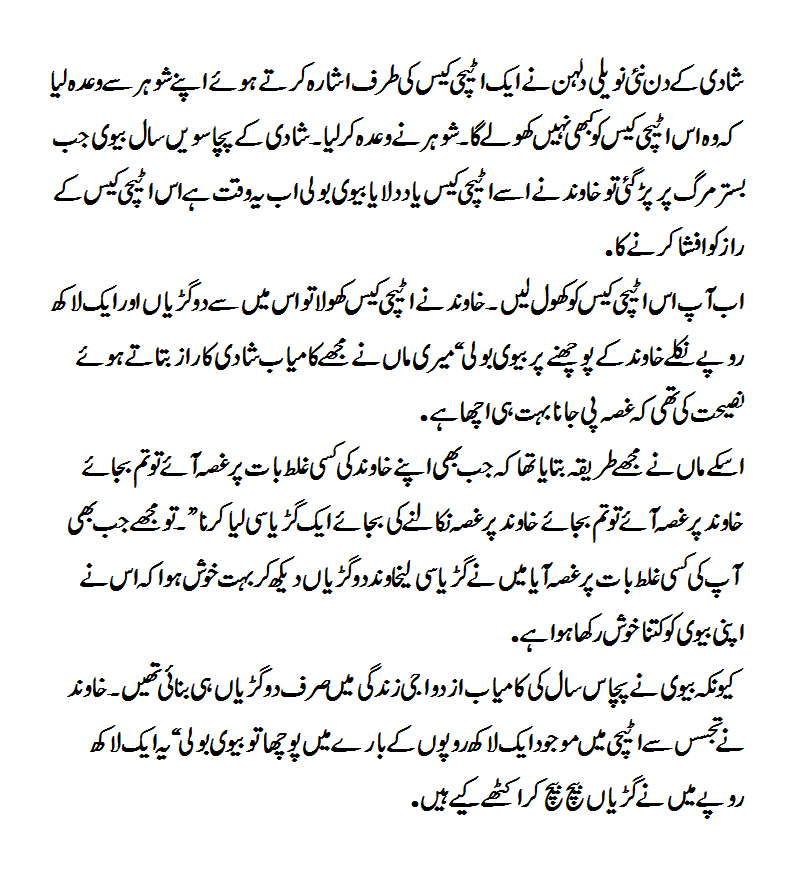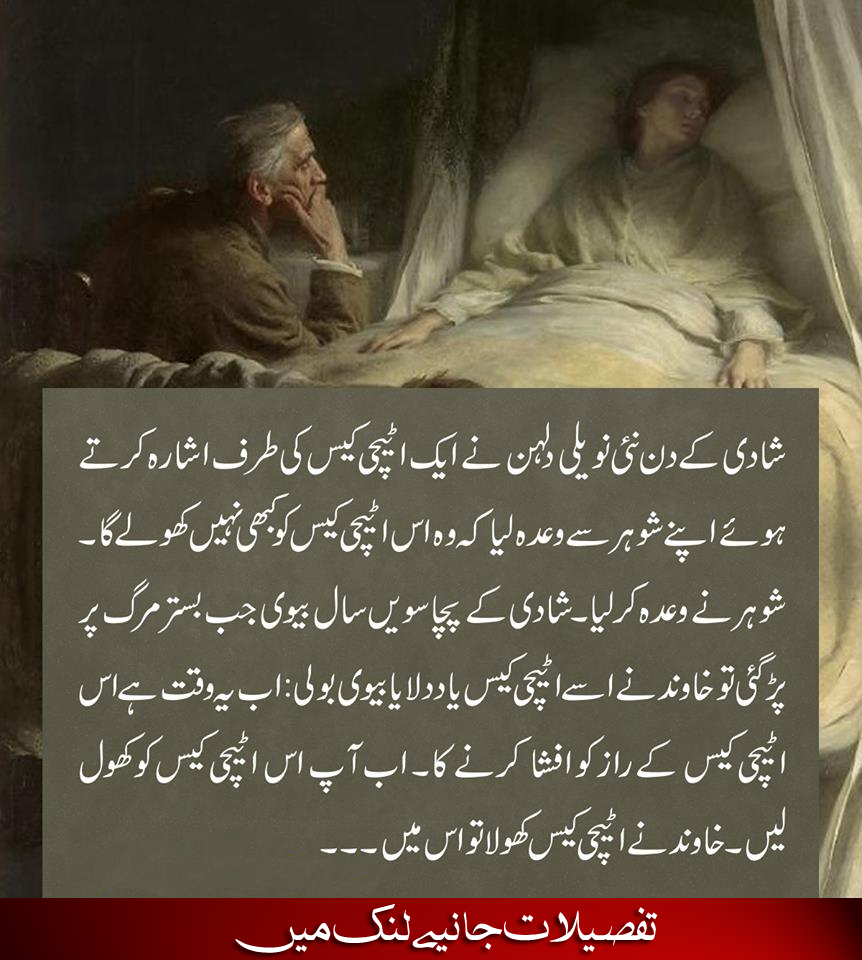Curiosity is usually regarded as a virtue, since it widens our horizons and develops our capacities.However, our natural romantic curiosity is contrary to the natural need to deepen a romantic connection. Distinguishing between two types of romantic curiosity may solve this enigma.Curiosity is defined as a strong desire to learn or know more about something. The desire to learn and know more is
considered a very positive trait—such learning makes us wiser and improves our ability to cope with reality. There are, however, situations in which curiosity is not a virtue.

There is a long tradition which considers curiosity and knowledge to be obstacles to happiness. Adam and Eve were expelled from paradise because of their curiosity to know more about the world.
And the myth of Pandora implies that all troubles were released in the world because a woman was curious to know what was inside the box given to her by the gods.
Also relevant to this tradition is the story of the man who has a long beard: He is asked whether he puts it above or beneath the blanket at night, and from that moment on, he is unable to fall asleep
